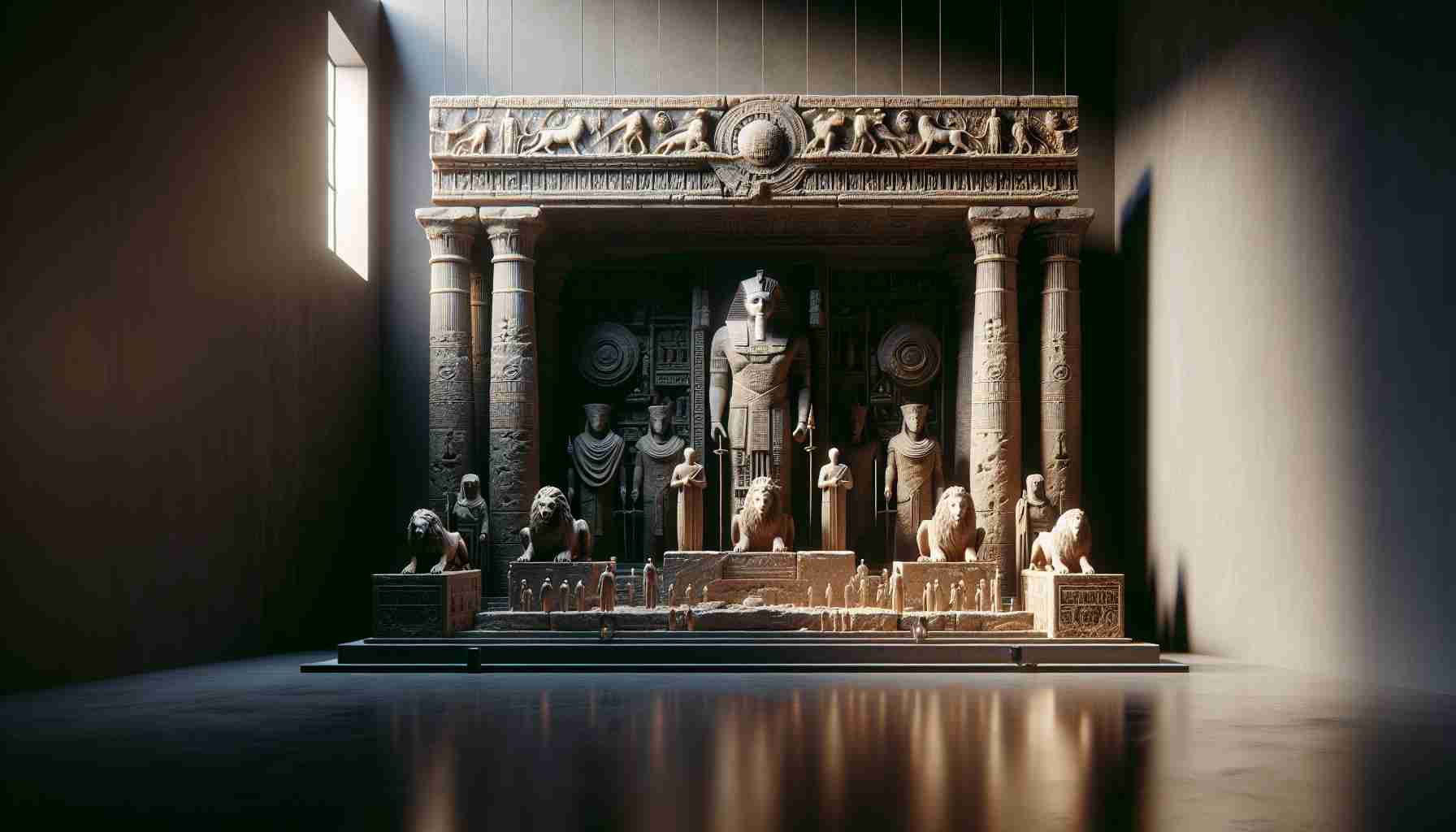The Secrets of Our Ancestors Unveiled
In a groundbreaking revelation, researchers have unveiled astonishing insights about ancient civilizations that may reshape our understanding of human history. Recent archaeological findings suggest that these early societies were far more advanced than previously believed.
Using cutting-edge technology, scientists examined remnants of ancient cities and artifacts previously hidden beneath layers of time. The results are nothing short of extraordinary. Evidence indicates that these civilizations had complex social structures, sophisticated engineering skills, and established trade networks that extended over vast distances.
Moreover, the study highlights remarkable achievements, such as advanced agricultural techniques and innovative architectural designs. The methods employed by these ancestors showcase their deep understanding of the environment and resources available to them. Additionally, previously discovered tools point to their ability to create intricate artwork, reflecting a rich cultural heritage.
The implications of this research are immense, challenging long-held assumptions about the development of human societies. It paves the way for further exploration into how these ancient populations interacted with one another and adapted to changing surroundings.
As scholars continue to analyze these findings, the narrative of human history is poised for a significant transformation. The secrets of our ancestors are not merely relics of the past; they serve as a testament to human ingenuity and resilience that still echoes in our world today. This new perspective invites us to reconsider the foundations of civilization itself.
Unlocking the Hidden Genius of Ancient Civilizations
The Rise of Advanced Early Societies
Recent archaeological revelations have taken the academic world by storm, challenging our understanding of early human civilizations. Researchers employing state-of-the-art technology have successfully unearthed artifacts and urban remnants that suggest our ancestors possessed a level of sophistication that far surpasses earlier assumptions.
Key Features of Ancient Innovations
1. Complex Social Structures: New findings indicate that ancient societies had intricate hierarchies and social organization, which allowed for better resource allocation and governance.
2. Sophisticated Engineering: These civilizations showcased impressive engineering skills, evidenced by their transportation systems, irrigation canals, and monumental architectural structures.
3. Extensive Trade Networks: Archaeological evidence points to established trade routes that facilitated the exchange of goods across vast distances, hinting at economic interdependence and cultural exchange between distant communities.
Agricultural and Architectural Advancements
The study reveals remarkable advancements in agriculture, including:
– Advanced Crop Rotation and Irrigation Techniques: These techniques not only boosted yields but also demonstrated a profound understanding of seasonal cycles and sustainability.
– Innovative Architecture: Techniques utilized in the construction of buildings reflect an acute awareness of environmental factors, leading to designs that harmonized with nature.
Cultural Expressions and Artistic Achievements
Artifacts, such as pottery and murals, indicate that cultural expression was alive and well. The complexity of the art points to a society that valued aesthetics and storytelling, suggesting a rich cultural heritage that has often been overlooked.
Implications for Modern Understanding of History
This paradigm shift in understanding ancient civilizations calls for a reassessment of human history. The implications are profound:
– Revisiting Educational Narratives: As findings emerge, educational curriculums might need to evolve to incorporate these new insights into ancient human achievements.
– Cultural Legacy and Identity: There’s a modern relevance in recognizing the ingenuity of these early peoples, possibly empowering contemporary cultures to draw inspiration from their resilience and innovations.
Exploring Potential Controversies
As with any groundbreaking discovery, the assertion that ancient civilizations were more advanced raises questions. Some scholars may resist the reinterpretation of established historical narratives, leading to debates about the accuracy of earlier archaeological interpretations and the inherent biases within historical documentation.
Future Trends and Insights
Archaeologists are increasingly turning to multidisciplinary approaches, combining traditional excavation techniques with modern technologies like satellite imagery and genetic analysis. This trend could lead to even more sweeping changes in our understanding of human history.
Security and Ethical Considerations
With the surge in significant discoveries comes a responsibility to preserve these sites. Strategies need to be implemented to protect ancient artifacts from looting and environmental degradation to ensure they are available for future study.
How to Dive Deeper into Ancient History
– Stay Updated: Follow reputable archaeological journals and publications for the latest research findings.
– Engage with Museums: Participate in exhibits that focus on ancient civilizations to gain firsthand experience with artifacts.
– Join Community Discussions: Engage in forums or groups that discuss archaeological discoveries to stay connected with ongoing research.
Conclusion
The wisdom hidden within the remnants of our ancestors is gradually being unveiled, revealing a narrative rich in complexity and ingenuity. These discoveries not only enhance our understanding of the past but also challenge us to reflect on the very essence of civilization.
For the latest insights and discoveries about ancient civilizations, visit Archaeology Magazine.
